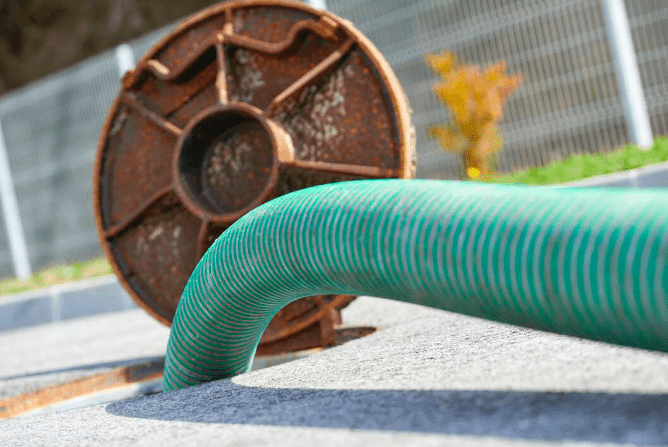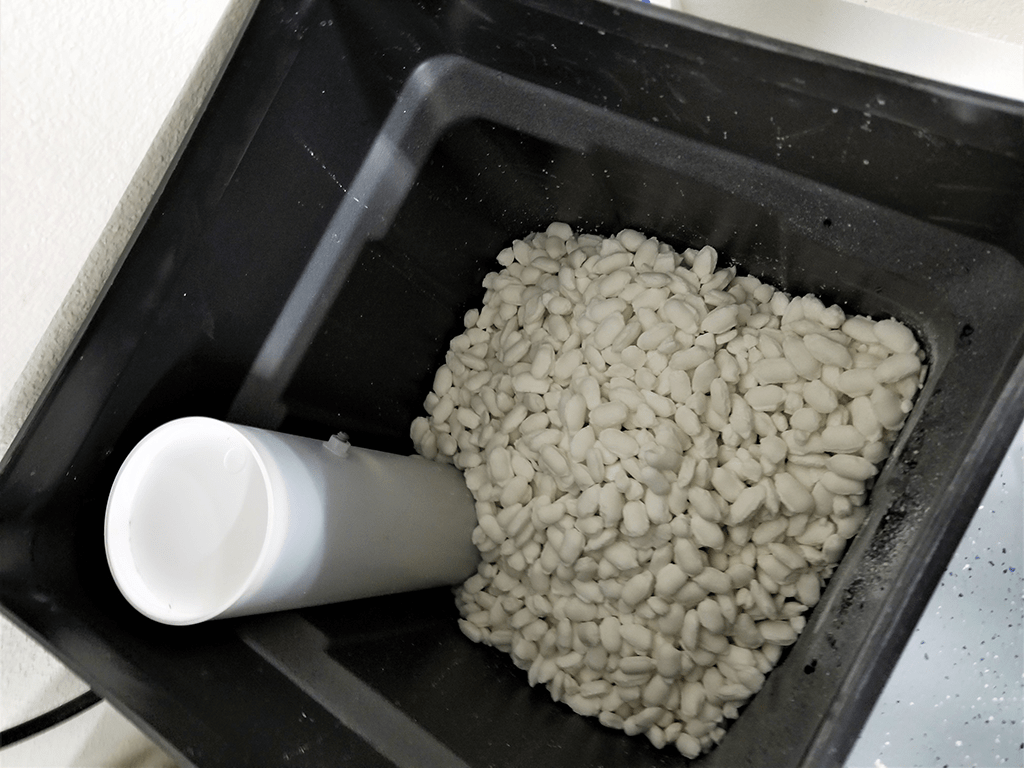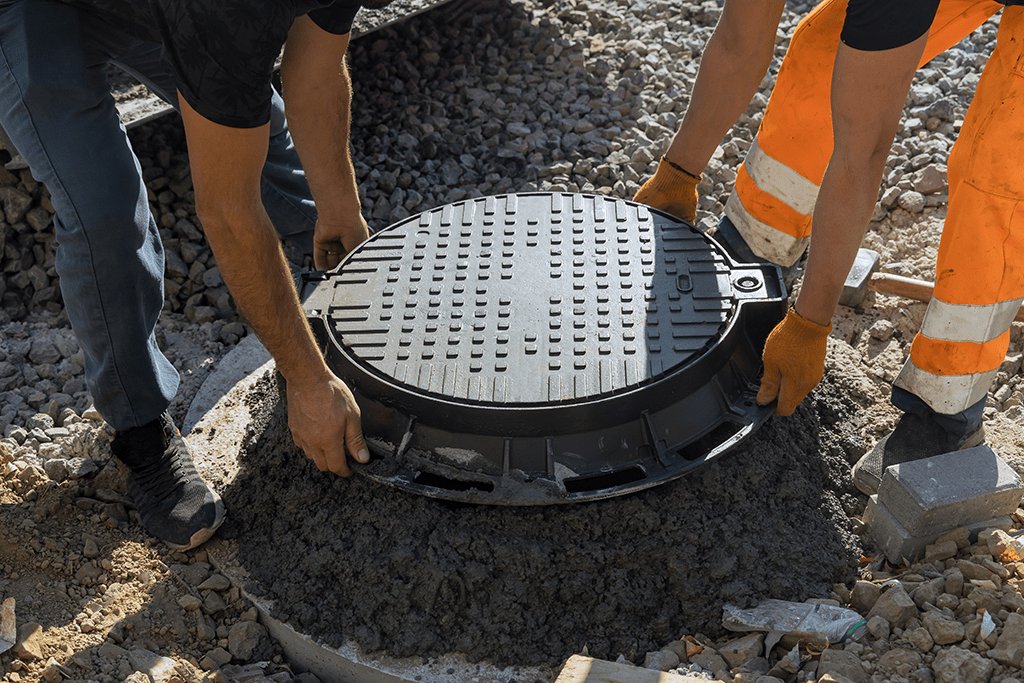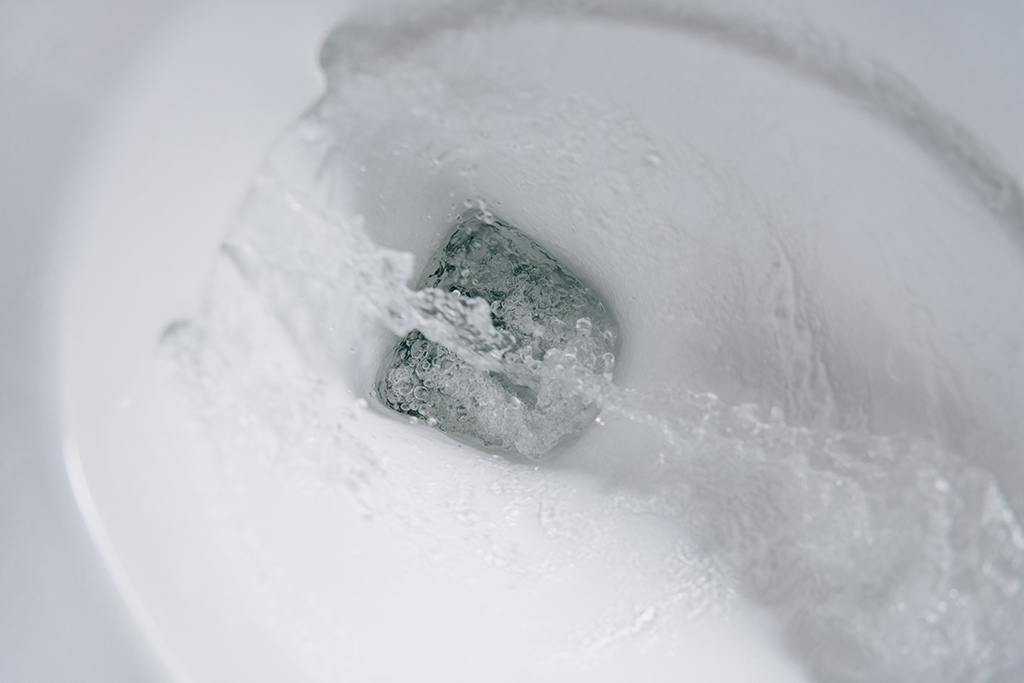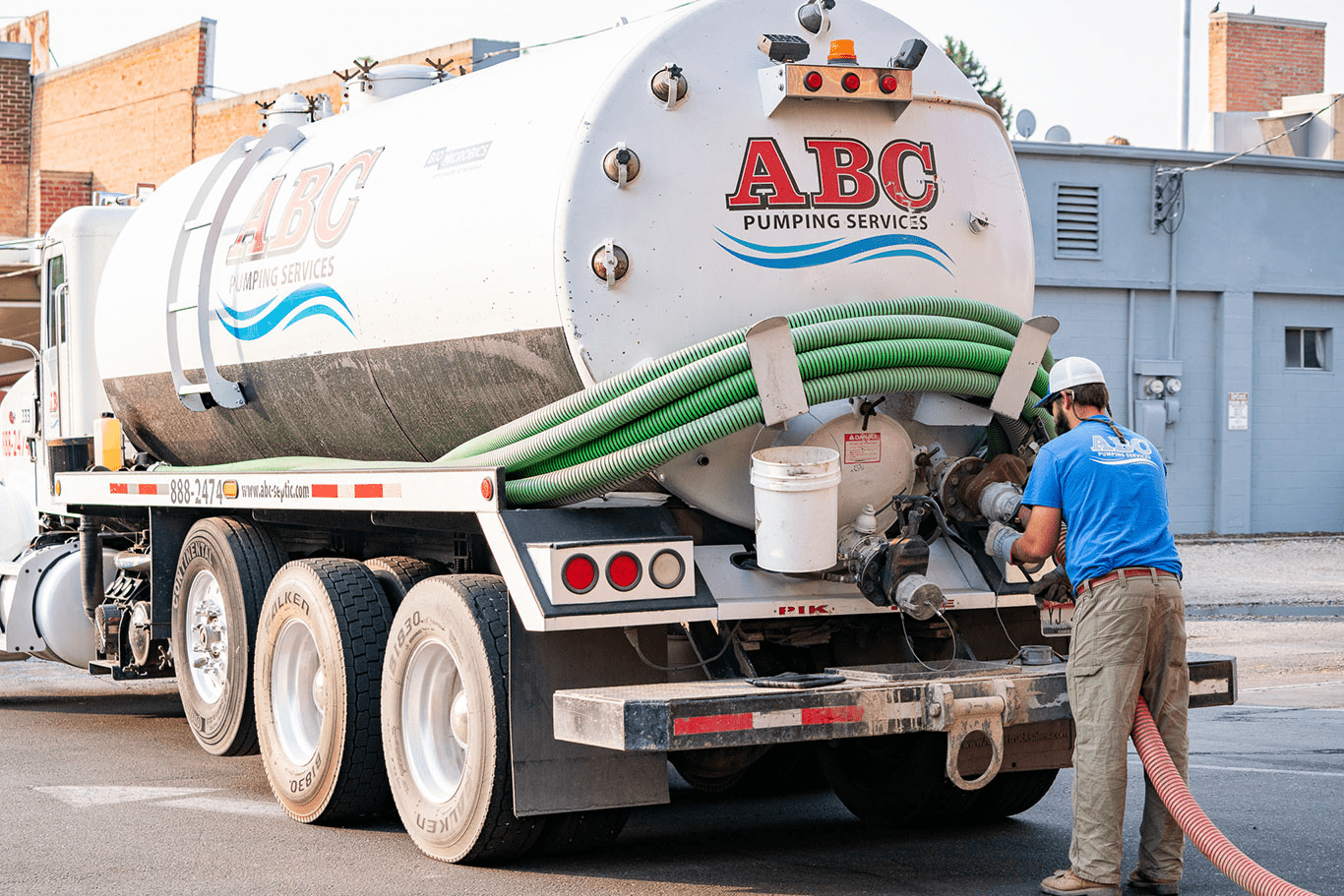Winter brings with it the joy of holidays, cozy fires, and a blanket of snow. However, it also brings challenges, especially for homeowners with septic systems. Cold temperatures can affect the functionality and longevity of your septic system if not properly managed. In this blog, we’ll explore how winter impacts your septic system and provide you with practical tips to ensure it runs smoothly even in the coldest months.
How Winter Affects Your Septic System
1. Freezing Pipes and Equipment
One of the most common issues during winter is freezing pipes. When temperatures drop, the water inside your pipes can freeze, leading to blockages or even burst pipes, which can be costly to repair.
2. Reduced Bacterial Activity
Septic systems rely on bacteria to break down waste. Cold temperatures can reduce bacterial activity, slowing down the decomposition process. This can lead to a buildup of solid waste in your septic tank, increasing the risk of overflows and backups.
3. Soil Compaction
Heavy snowfall and frost can compact the soil around your drain field. Compacted soil reduces the system’s ability to filter and treat wastewater effectively, which could lead to groundwater contamination.
4. Increased Water Usage
Holidays often mean more guests and increased water usage. More showers, laundry, and dishwashing can put additional strain on your septic system, which is already working harder due to the cold.
Winter Septic System Tips
1. Insulate Your System
Adding a layer of insulation, such as straw or leaves, over your septic tank and piping can help retain heat and prevent freezing. There are also specialized septic insulation blankets available for added protection.
2. Monitor Water Usage
Be mindful of your water usage during the winter months. Spread out laundry loads and showers to avoid overwhelming the system. Fix any dripping faucets or leaky toilets to reduce unnecessary water flow into the septic system.
3. Maintain Regular Pumping Schedule
Ensure your septic tank is pumped regularly. An overfilled tank is more susceptible to freezing problems. Pumping before the winter sets in can give you peace of mind.
4. Keep the Area Clear
Avoid driving or parking vehicles over your septic tank and drain field, as this can compact the soil and cause damage to the system. Mark the location of your septic components to avoid accidental damage when snowplowing.
5. Use Bacteria Additives
Consider using bacteria additives to boost the microbial activity in your septic tank. These additives can help maintain the balance of bacteria, ensuring efficient waste breakdown even in colder temperatures.
6. Know the Signs of Trouble
Be aware of warning signs that your septic system might be struggling, such as slow drains, gurgling sounds in the plumbing, or sewage odors. If you notice any of these signs, contact a professional septic service immediately.
Conclusion
Winter can be tough on your septic system, but with the right precautions and regular maintenance, you can keep it running smoothly all season long. At ABC Septic, we’re here to help you with all your septic needs. If you’re unsure about the state of your system or need professional advice, don’t hesitate to contact us.
Stay warm and keep your septic system healthy this winter!
Call to Action
Ready to winter-proof your septic system? Contact ABC Septic today for a consultation and ensure peace of mind all season long.

